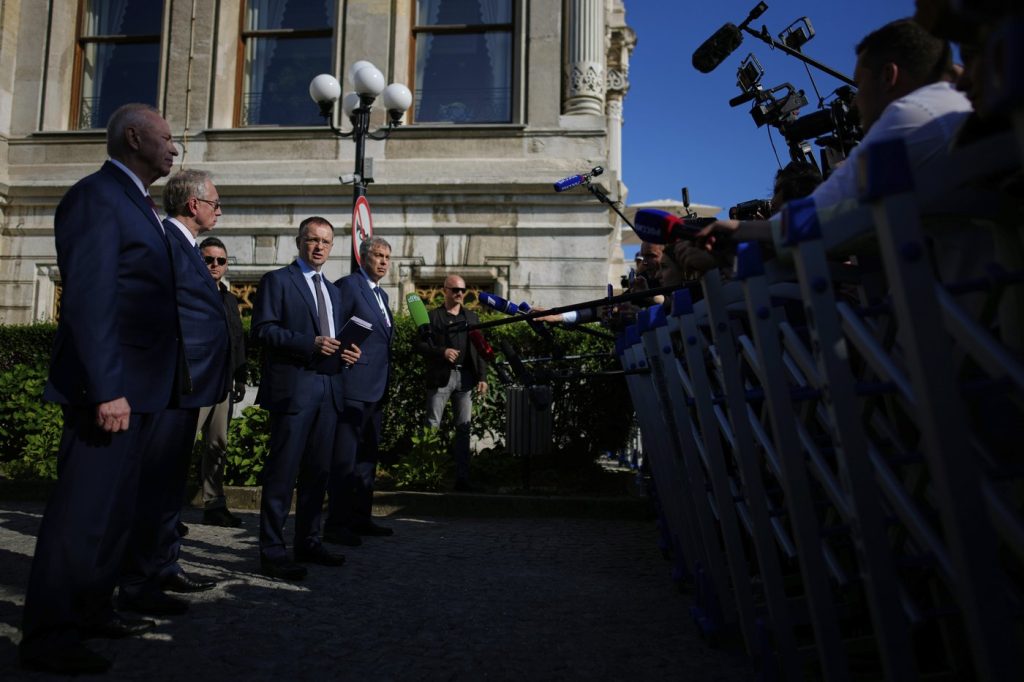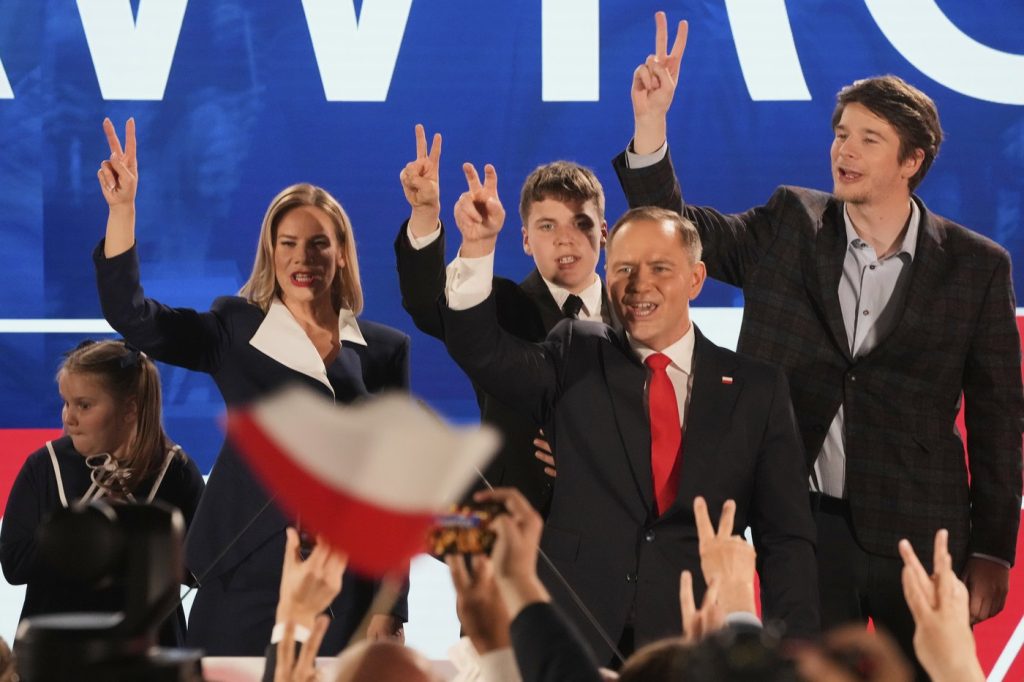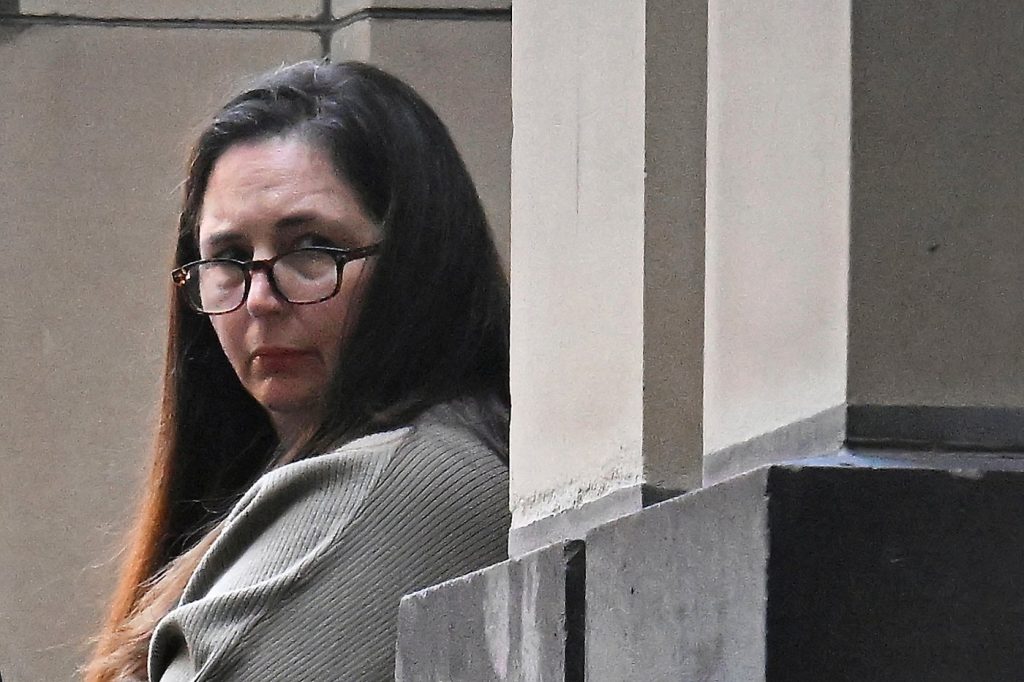Representatives of Russia and Ukraine engaged in their second round of direct peace talks on Monday, following earlier discussions just over two weeks prior. While both sides reached an agreement to exchange thousands of deceased and seriously wounded soldiers, no substantial progress was made towards ending the ongoing war, which has persisted for three years. Defense Minister Rustem Umerov, who led the Ukrainian delegation, mentioned that Ukraine would require a week to review the terms proposed by Russia and indicated a willingness to resume talks between June 20 and June 30.
The meeting took place against a backdrop of significant military activity, with Ukraine reportedly launching a major drone assault on Russian air bases. In response, Russia conducted its largest drone strike on Ukraine to date. At the negotiations, Russia presented a memorandum detailing conditions for a ceasefire, which included demands for Ukraine to withdraw its forces from the four regions Russia annexed in September 2022, albeit not fully captured. Furthermore, Moscow urged Ukraine to cease mobilization, halt Western arms deliveries, and prevent foreign military presence on its territory.
The Russian memorandum also proposed that Ukraine end martial law, hold elections, and declare a neutral status, effectively abandoning its pursuit to join NATO. These terms have been categorically rejected by Ukraine and its Western allies in previous discussions. During the talks, both delegations agreed to exchange 6,000 bodies of fallen soldiers and establish a commission for the exchange of seriously wounded troops.
The Ukrainian drone attack on Russian air bases reportedly damaged or destroyed over 40 warplanes, demonstrating a significant capability in conducting deep strikes. This operation was characterized as a "major slap in the face" to Russian military power by Vasyl Maliuk, head of Ukraine's security service. President Volodymyr Zelenskyy described the operation as "brilliant," suggesting it could influence Russian decision-making regarding negotiations.
However, hopes for a peaceful resolution seem low, as U.S.-led efforts to encourage a ceasefire have not borne fruit. Ukraine had expressed readiness for a truce that was ultimately rejected by the Kremlin. Recent comments from officials in both countries indicate a considerable gap in the conditions each side finds acceptable for ending the war. The Turkish President Recep Tayyip Erdogan emphasized that the resumption of talks was an achievement in light of ongoing fierce fighting.
Zelenskyy mentioned progress towards a new prisoner exchange following the recent talks. The previous meeting resulted in a significant swap of 1,000 prisoners from each side. During discussions, Ukraine presented a list of nearly 400 abducted children, while Russia's response to address this humanitarian issue was perceived as insufficient by Ukrainian authorities. Zelenskyy criticized Russia's suggestion of a brief ceasefire solely for body recovery, arguing that a ceasefire should fundamentally be about preventing further casualties.
The persistent conflict has overshadowed attempts at a peaceful resolution, with both sides engaging in aggressive military operations along a lengthy front line. Ukrainian officials reported casualties from Russian shelling in the Kherson region, and multiple attacks in other areas contributed to the loss of civilian lives. As fighting continues, both sides appear firmly entrenched in their positions, with each side sustaining deep strikes against the other.
In summary, the ongoing conflict remains entrenched and contentious, with both Russia and Ukraine maintaining aggressive military operations while navigating complex negotiations for peace amidst escalating violence.












